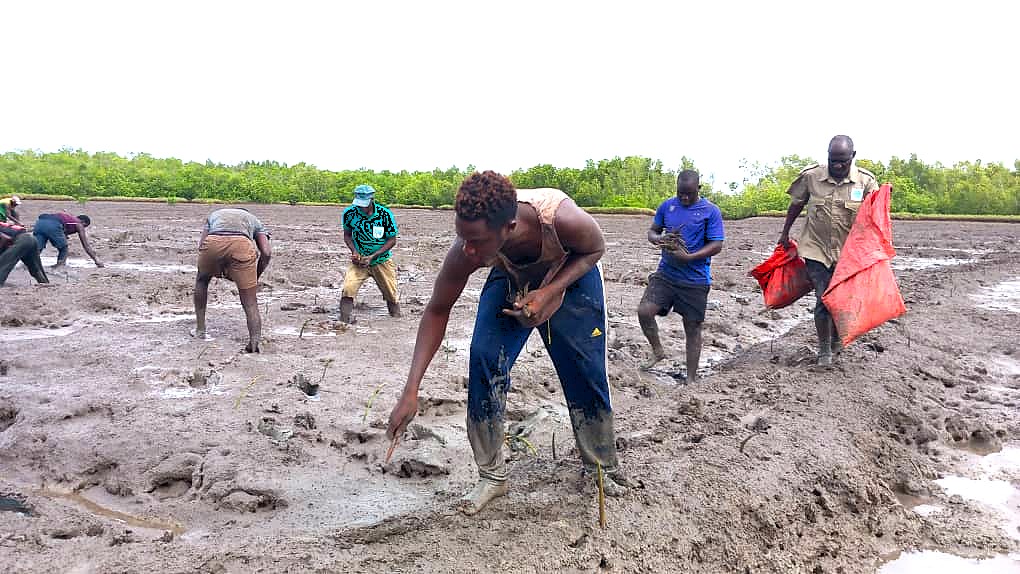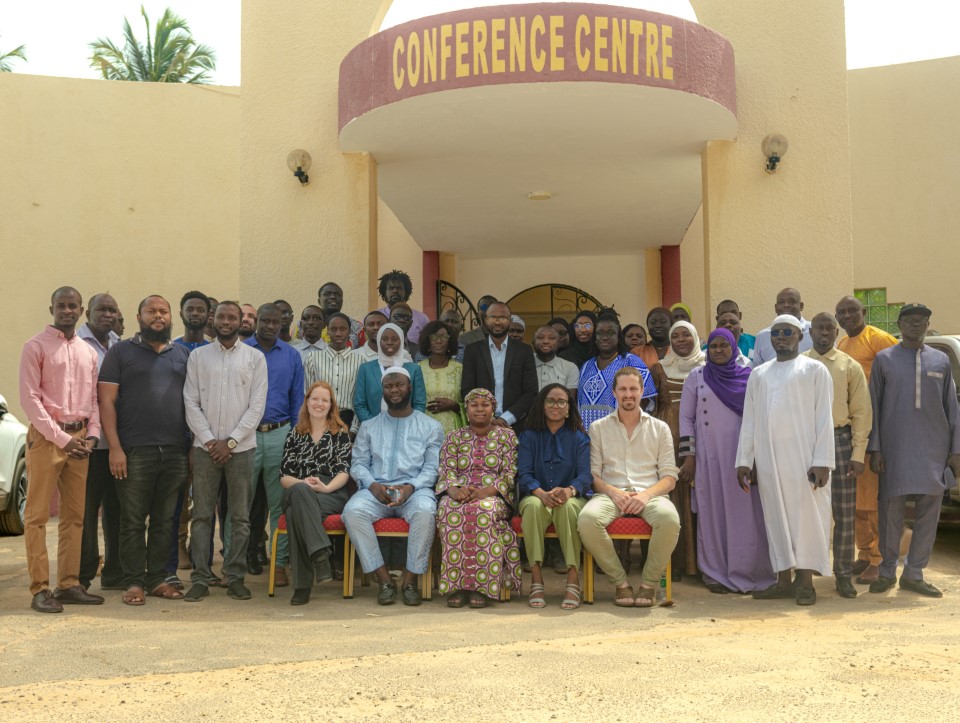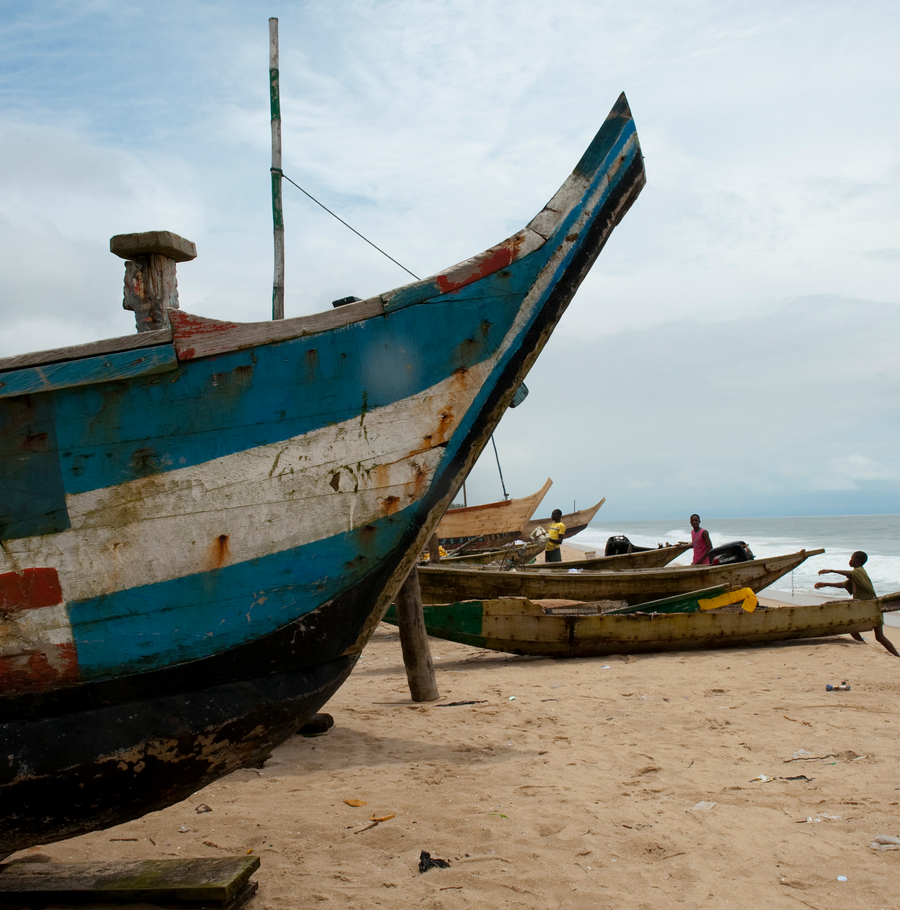News & Events
The Ivorian Minister of Environment, Sustainable Development, and Ecological Transition, Mr. Jacques…

The WACA Project convened a joint forum of the National Assembly Select Committee on Environment,…

To mark the International Day for the Conservation of the Mangrove Ecosystem on July 26, the…
As part of its mission to raise awareness about coastal degradation, the WACA Guinea-Bissau project…

From May 26 to 30, 2025, a national training workshop was held in Bakau under the WACA program to…
Key Facts & Figures
-
56%
Coastline in Benin, Cote d’Ivoire, Senegal and Togo subject to an average erosion of 1.8 m per year
-
US$1.4 billion
Cost of air, water and waste pollution cost in 2017 to Benin, Cote d’Ivoire, Senegal and Togo
-
13,000 deaths
Occur in Benin, Cote d’Ivoire, Senegal and Togo primarily due to floods, air and water in 2017
-
$3.8 billion
The cost of erosion, flooding and pollution cost to Benin, Cote d’Ivoire, Senegal and Togo
-
56% GDP
Generated by West Africa Coastal Areas

COASTAL CHALLENGES IN WEST AFRICA
Coastal erosion and flooding in West Africa severely threaten people’s communities, livelihoods, safety and investments. About 56% of West Africa’s GDP is generated in coastal provinces, where one-third of the population resides. Stronger storms and rising seas are wiping out homes, roads and buildings that have served as landmarks for generations. Some beaches are deeply mined for sand, protective mangroves are deforested, and people are increasingly vulnerable to the impact of climate change. Some residents have no choice but to move away—a trend that is breaking up communities and changing the social fabric for future generations.
Rapid and often unplanned urbanization has devastated the natural landscape that once served as a buffer for erosion and flooding. These developments disproportionately affect the poorest and most marginalized, and will intensify due to climate change. While countries have started to contain erosion and flooding, there is an urgent need for partners to mobilize financing through coordinated regional action. Collaboration at the policy and technical levels helps countries to manage erosion hotspots, and to maintain the livelihoods that a healthy coastal ecosystem provides to people and economies.








